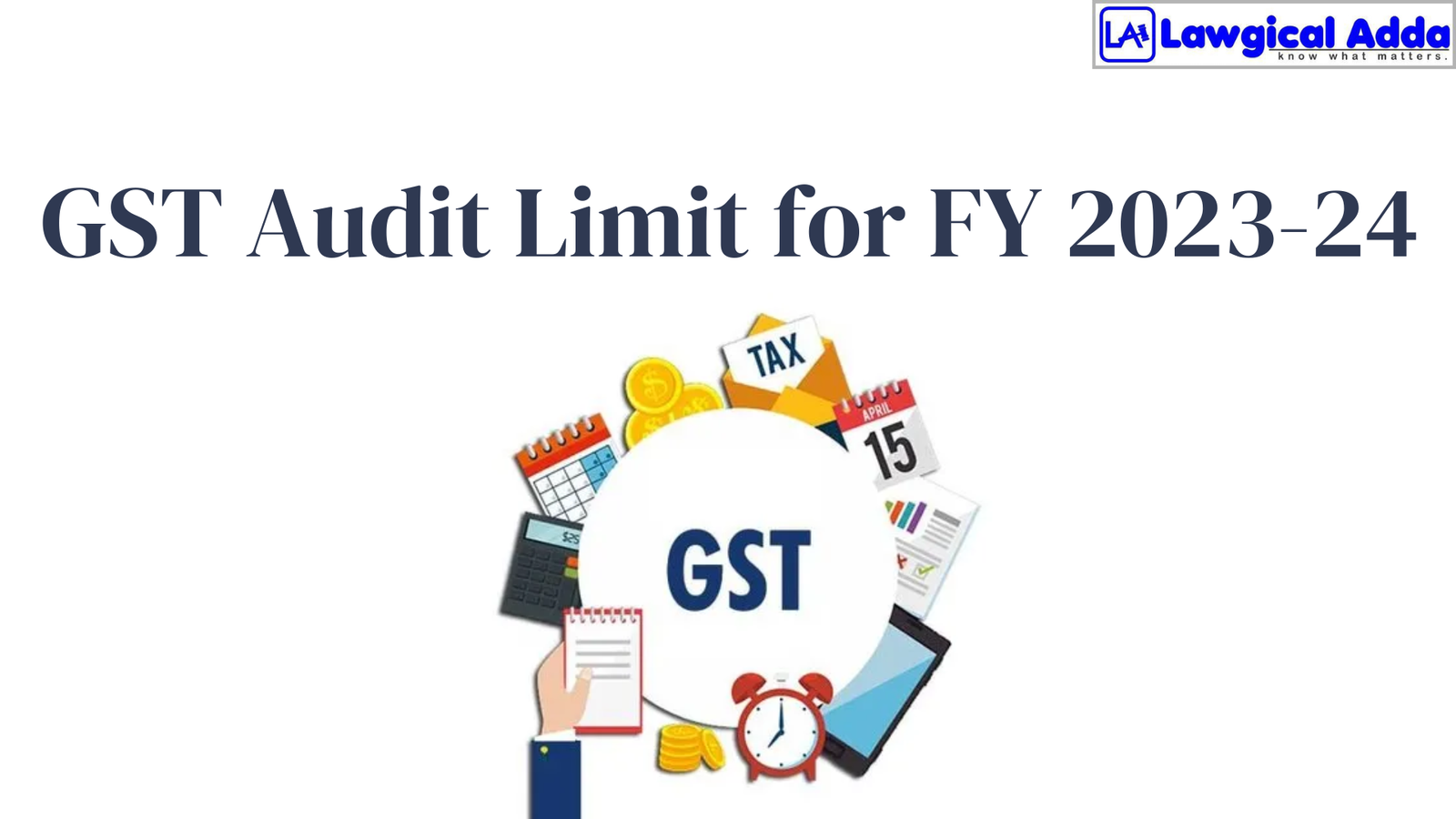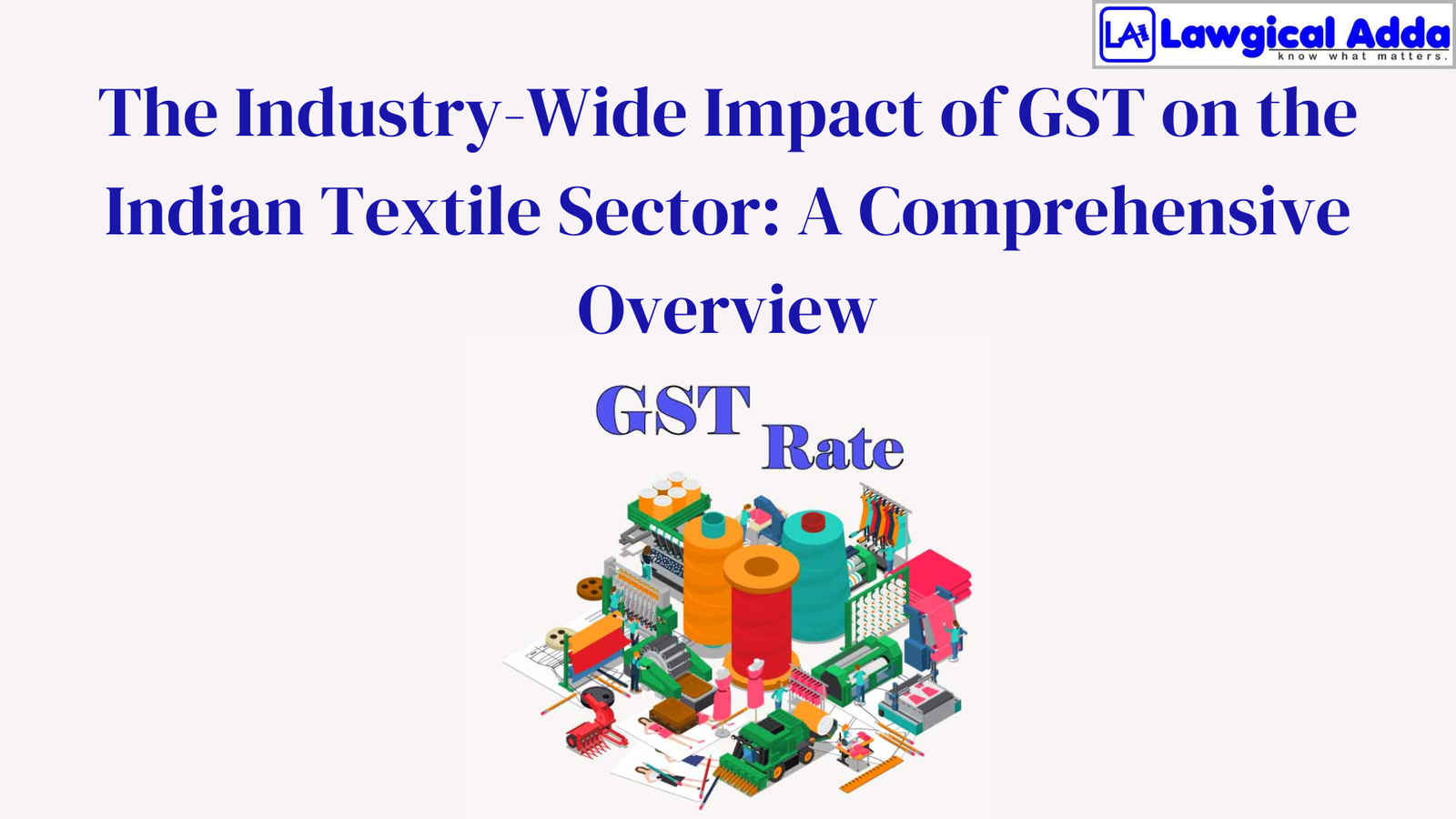GST Audit Limit for FY 2023-24

Table of Contents
Introduction
Many audits are conducted in India by the SGST and CGST statutes. Taxpayers must use the GST audit limit checklist to calculate their GST tax burden, file the suggested returns, and make tax payments to comply with GST.
The GST Act provides a comprehensive audit mechanism to ensure correct and proper filing in addition to the taxpayer’s tax liability. The requirement for a GSTR-9C approved by a CMA or CA and a GST audit were removed by the Finance Act of 2021.
GST Audit Limit for FY 2023-24 – Requirement Examination and significance
Examining records, returns, and other documents kept by a GST registered individual constitutes an audit under the law.
Additionally, it verifies that all turnover declarations, taxes paid, refunds requested, input tax credits obtained, and other compliances with the GST Act are accurate and should be examined by a qualified specialist.
A taxpayer under the goods and services tax (GST) must determine his own tax burden, pay taxes, and file returns. GST is a trust-based tax system. Therefore, a strong audit process is essential to verify if the person has accurately self-assessed his tax burden.
Who needs to have a Turnover-based Audit performed on their accounts?
Every registered person whose turnover during a financial year exceeds Rs. 2 crore is required to have an account audited by a cost accountant or chartered accountant.
After reading this, one could have a lot of questions, such as whether branch-wise or PAN-based turnover needs to be taken into account If exempt supplies are taken into account for determining turnover, etc.
Let’s examine “What is Turnover Meaning?”
The GST legislation does not define turnover; rather, section 2(6) provides an explanation of aggregate turnover, which is defined as follows:
- Includes:
- Total worth of all taxable goods and services
- Exclusivity in supply
- Shipping products, services, or both
- Interstate Provisions
- Of individuals sharing the same PAN, to be calculated over all of India
- Excludes:
- Inbound supplies for which a person is liable for tax under the reverse charge basis
- Charged taxes such as state and federal taxes are likewise not included.
- Since the Act doesn’t define turnover, the phrase “aggregate turnover” is specifically mentioned, indicating that turnover should be taken into account over all of India.
GST Audit Turnover Limit -based in accordance with CGST Act Section 35(5)
A registered taxpayer must have his accounts audited annually by a chartered accountant or cost accountant if his yearly turnover exceeds Rs. 2 crore in a fiscal year.
The 12-month period that runs from April of one calendar year to March of the following year is known as a financial year.
Special Notice, the government’s news statement from July 3, 2019, provides clarification regarding the turnover limit for the Financial Year 2017–18.
It will span from July 1st, 2017 to March 31st, 2018, excluding the first quarter of FY 2017–18. Businesses with yearly revenue under Rs 5 crore are exempt from submitting GSTR-9C for FY 2018–19.
GSTRS9 and 9C
The GST Rules require all registered taxpayers to file a GSTR 9 annual return; however, as of late, taxpayers who have more than Rs. 5 crore in revenue in a given fiscal year are additionally required to complete a Form GSTR 9C (GST Audit).
Together with the GSTR 9C Audit form, the taxpayer must also complete the duly validated reconciliation statement.
According to Section 35 Sub-section (5) of the CSGT Act, 2017, every GST-registered taxpayer whose yearly aggregate turnover in a given financial year is above and above Rs. 5 Crore must have his books audited.
These taxpayers must submit certified audited yearly accounts and reconciliation statements using FORM GSTR-9C available on the GST portal.
All ordinary taxpayers whose annual gross income exceeds Rs. 5 crore in a given fiscal year are required to file GSTR 9C. In addition, an audit certification and reconciliation statement are required from these taxpayers. The Form GSTR 9C audits are not necessary for the taxpayers in the following groups.
- Taxpayers with less than Rs. 5 crore in total revenue
- Infrequent taxpayers
- Taxpayers who are not residents
- Taxpayers with at-source (TDS) deductions
- Aggregators of e-commerce that collect tax at source (TCS)
- Departments of Government
- Distributor of Input Services (ISD)
- Dealers of Composition Schemes
- OIDAR service suppliers
Due Date: GST Audit Reports
GSTR-9 and GSTR-9C filing deadlines are at the latest December 31 of the next fiscal year. The deadline may be extended with a CBIC notice.
Conclusion
If your company’s sales and gross receipts for a given fiscal year come to less than ₹2 crores, you do not need an audit. However, if your yearly turnover exceeds ₹5 crores, you must comply with the GST audit.
FAQs
- Who must conduct a GST audit?
Turnover-based Audit in accordance with CGST Act Section 35(5). A registered taxpayer must have his accounts audited annually by a chartered accountant or cost accountant if his yearly turnover exceeds Rs. 2 crore in a fiscal year.
- What is the GSTR 9 and 9C turnover limit?
The government has introduced the GSTR- 9C audit form under the GSTR 9 yearly return. For all taxpayers whose yearly total turnover surpasses Rs. 5 crore, filing GSTR 9C is now required.
- Is GSTR 9 required for all individuals?
All individuals registered as regular taxpayers must file Form GSTR-9. However, the Government of India may occasionally issue notifications exempting a specific class of taxpayers from completing Form GSTR-9.
Ready to file your Income Tax Return? Whether it’s ITR-1, ITR-2, ITR-3, ITR-4, ITR-5, ITR-6, or ITR-7, we’ve got you covered! Need to respond to a tax notice or handle TDS filings? We can help with that too.
Get Your GST Compliance Sorted with Lawgical Adda! Whether it’s GST Registration, GST Return Filings, GST Annual Returns, GST LUT Filings, or GST Registration Cancellation, we’ve got you covered!
Lawgical Adda’s solution provides end-to-end management of corporate governance and secretarial compliances, encompassing every phase of the entity life cycle. Don’t hesitate to get in touch with us if you want more information on the compliance standards and to outsource them to us.







